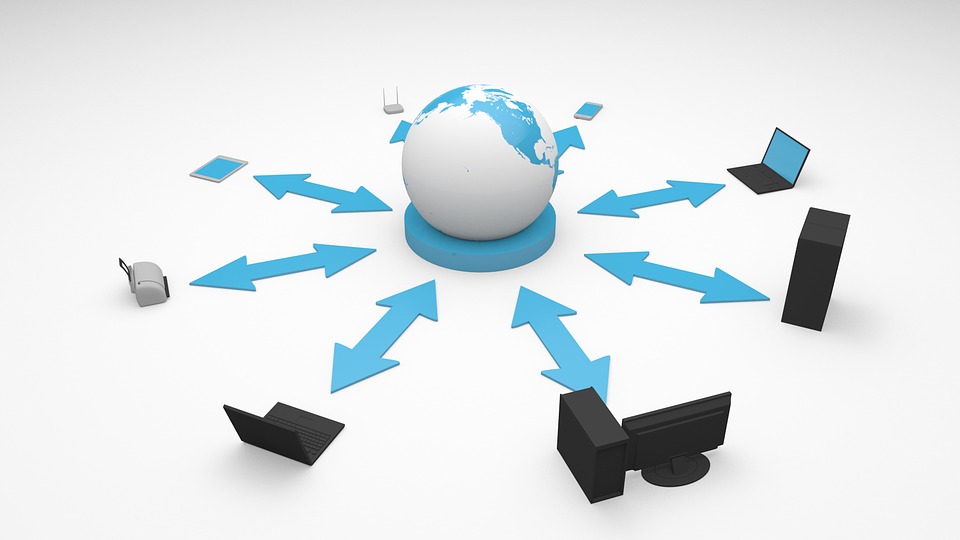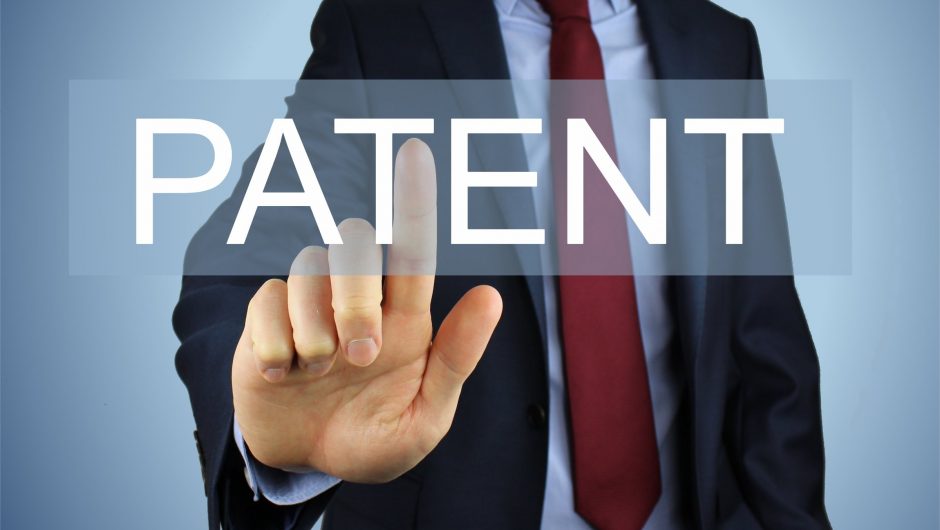In 1996, a computer scientist and legal scholar published a paper in a journal which proposed the idea of “smart contracts”. At the time, Nick Szabo’s idea sounded like something out of a science fiction novel.
Szabo proposed implementing a contract over the internet through electronic processes. However, it has only been the invention of blockchain technology that has allowed the instant transfer of assets based on a set of conditions and criteria which has allowed smart contracts to materialize.
With the area rapidly advancing as new technology extends our capabilities, here are 5 things to keep in mind when navigating this newly-developed field.

It isn’t technically a contract
When people think contracts, they think of a legally binding agreement between two or more parties. But smart contracts are actually computer coding.
The coding determines if a set of predefined conditions and criteria are met. If they are, a specific action is triggered, often the transferral of assets or funds.
It can have far-reaching effects in the real world
In real-world terms, smart contracts can revolutionise the legal system. Imagine if someone took out a loan to buy a car. Their smart contract would know if they missed a loan payment, which could then trigger an action, such as disabling the car, thereby preventing the borrower from driving it.
There are significant advantages to using smart contract technology
Firstly, a smart contract doesn’t rely on a middleman. This means legal costs are lower, and there is an increased element of safety in the transaction.
The automated contract also means faster transaction processing. Because smart contracts are self-executing, there is no need to manually approve a transaction, allowing it to be processed almost instantaneously.
They are still under development
As smart contracts are in their infancy, there is still a great deal of exploration underway. The coding which analyses if the criteria have been met is being enhanced and developed to generate faster processing times. We can expect to see smart contracts rapidly evolve in the near future.
Smart contracts are set to revolutionize a host of industries
Smart contracts naturally lend themselves to finance and trading transactions. However, this is just the tip of the iceberg. The blockchain technology could be applied to a number of other industries.
The property industry would benefit from the use of smart contracts. Current legal procedures and processing times regarding the sale and purchase of properties is laborious, expensive and time-consuming.
A smart contract would significantly lower the costs associated with buying and selling the property. It would also shorten the process considerably.
In the insurance industry, claims could be processed and examined in a fraction of the time. Intellectual property and copywriting can also adopt smart contract technology. As blockchain technologies are traceable, the origin of specific intellectual property back to its developer can be done instantly, proving irrefutable proof of ownership.
With many countries legislative bodies frantically trying to keep up, smart contracts are on the cusp of being rolled out across the globe. Smart contracts are the future, set to revolutionize contractual law as we know it.
Topics #Law #Legal #Smart Contract Technology #Smart Contracts #Technology









